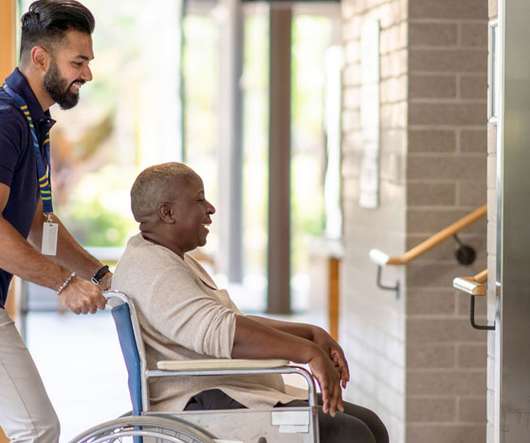6 Challenges of the Human Services Worker
Relias
AUGUST 22, 2022
It’s hard being a human services worker. Let’s take a few minutes to understand these challenges and how human services professionals can work to overcome them. Challenges a human services worker will face. Often, they and/or family members demand specific types of interventions. A shift in roles.













Let's personalize your content